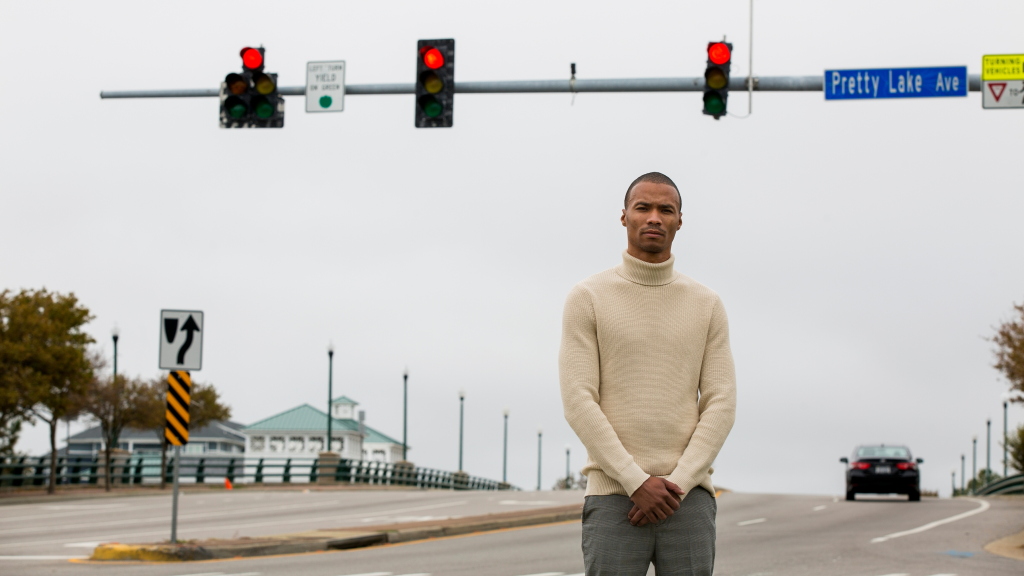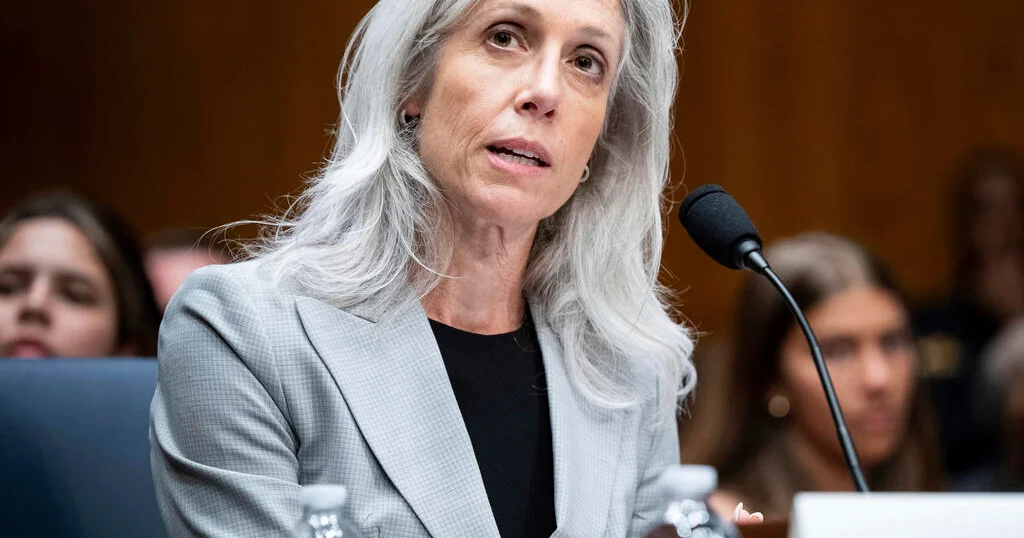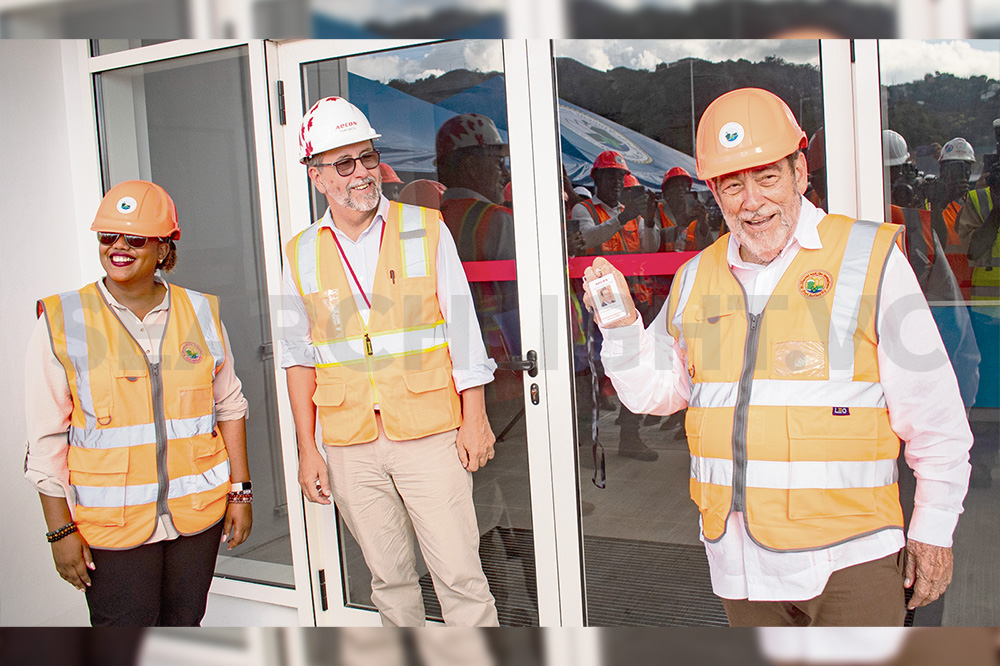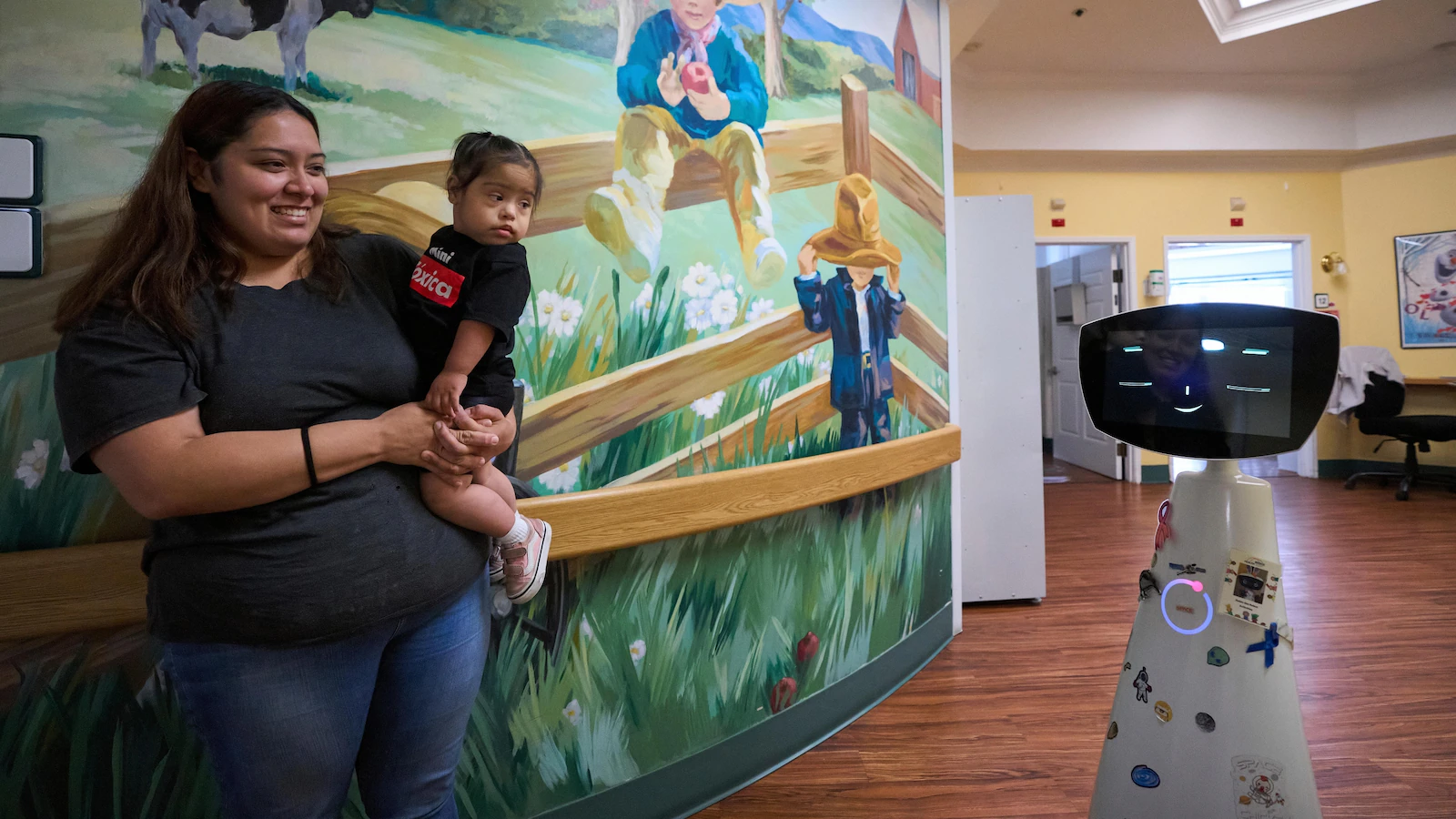
Brandon Williams was driving on Norfolk’s Shore Drive on the morning of Sept. 30, 2020 — on the way to get a smoothie for his pregnant wife.
But just after 11:30 a.m., a pickup on a bridge near Pretty Lake Avenue veered across the center median, striking Williams’ Mercedes head-on.
The collision knocked the engine from Williams’ sedan. The pickup, driven by a Navy sailor, continued through the bridge’s guardrails, landing upside-down in a marsh.
In a civil trial underway at U.S. District Court in Norfolk, Williams contends that three responding Norfolk police officers conspired against him following the crash.
“It’s hard to believe this would happen in 2020 instead of 1962,” Williams’ attorney Robert Haddad said in opening statements to jurors.
That conspiracy, Haddad contends, was “hatched” because Williams had accused one of the officers at the crash scene, John McClanahan, of lying about him during a prior trespassing case.
“This is the guy that gave McClanahan a ration of (expletive),” then-Police Sgt. Rodney Van Faussien said emphatically at the scene after Williams was taken away by ambulance, according to body camera footage.
He appeared to walk over to speak with McClanahan.
A few days later, then-Norfolk Officer Steven Stone filed an accident report saying the pickup’s driver, Rex Aman, was going the posted speed limit of 35 mph at the time of the crash.
That was less than half the 75 mph that an eyewitness said Aman was driving while “in a trance.” And it was 10 mph less than Aman’s own estimate.
That Stone would write 35 mph on the accident report in such a scenario was “not explainable,” a plaintiff’s witness testified at this week’s trial.
Moreover, the results of Aman’s toxicology report from the hospital after the crash showed his blood alcohol content was .30, or nearly four times the legal definition of driving while impaired.
But Stone and other officers at the scene accepted Aman’s word that he had not been drinking, and did not cite any slurred speech or odors from him. Stone checked a box on the report saying Aman “had not been drinking.”
The hospital did not relay the toxicology results to police. Stone charged Aman, who told officers his steering had malfunctioned, with reckless driving for “failure to maintain control.”
But all three officers strongly deny any such plan or conspiracy targeting Williams.
McClanahan denies lying during Williams’ prior trespassing case, with he and Van Faussien saying they played no role in writing the accident report from the Shore Drive crash.
Stone, for his part, said it was a simple mistake to put Aman’s estimated speed at 35 mph — not part of a conspiracy. The accident report does not cite Williams for any violations, Stone’s attorney James Cales noted.
Williams’ federal lawsuit asserted the Norfolk officers conspired against him in part to make it harder to collect on an accident claim against Aman. But after the case was filed, Williams collected a $1.6 million claim against Aman’s insurance firm.
The current case asks jurors to impose a monetary judgement on the officers for the emotional distress they have allegedly caused Williams.
Williams’ first interaction with police began at 11 p.m. on Jan. 8, 2020, when he stopped his sedan at Ocean View Beach Park to talk with his fiancée on the phone. About two minutes later — with his car and headlight still on — a Norfolk police SUV pulled up.
McClanahan told Williams he was trespassing at the city park, the officer’s body camera footage shows. Williams told McClanahan that he was there only briefly and didn’t think he was doing anything wrong.
McClanahan asked Williams for his identification, but he initially did not provide it — telling the officer he’d rather wait for the backup he heard McClanahan calling for, the body camera footage shows.
Williams said his driver’s license was in his back left pocket, and he didn’t want the officer to think he was reaching for a gun. But he handed McClanahan the license before the officer’s backup arrived.
When the officer stepped away, Williams hit record on his cellphone.
After Williams signed for the trespassing ticket, McClanahan told him he needed to provide his thumbprint on the form, too.
“For what? Why do I have to put my thumbprint there?” Williams said. “I’ve never had to do that before. I already gave you my signature … So my dad’s chief of police in Hampton, and I’ve never heard of that.”
Williams was referring to his stepfather, Hampton Assistant Police Chief Kenneth “Kenny” Ferguson, a ranking officer with the Hampton Police.
But another Norfolk police officer told Williams that Norfolk Police require thumbprints on criminal summonses, and Williams said “whatever” and provided the print.
“I’ll take care of it,” he told the officers.
The case came up at Norfolk General District Court several weeks later.
A transcript of that testimony isn’t available because lower court hearings aren’t typically transcribed in Virginia. But Williams asserts that McClanahan “said I was one of the rudest, most combative people he’s come across” — and that the officer falsely said Williams tried to use his father’s name at the city park to get out of the trespassing ticket.
Williams said he told the judge that he has no criminal record, is a Morehouse College graduate, has a family and was applying for a job in South Africa. But when he asked to play a recording of the interaction, the judge said no.
“Guilty,” the judge said, according to Williams. “Now let’s see what your father does about this.”
Then the judge sent him to have his mug shot taken.
Ferguson, who attended the 2020 trespassing hearing and also heard his son’s recording at the park — testified that McClanahan “didn’t tell the truth” when he testified that Williams had attempted to invoke his father’s name to get out of the ticket.
Ferguson relayed his concerns to Hampton Commonwealth’s Attorney Anton Bell. Based on the recording and what Ferguson relayed about the hearing, Bell said he believed McClanahan had lied.
“If that happened in my city, I would have opened an investigation for perjury,” Bell testified.
Bell relayed his concerns to Norfolk Commonwealth’s Attorney Greg Underwood, who has since died. Bell said Underwood agreed with his assessment and told him he’d speak with Norfolk City Attorney Bernard Pishko.
But Bell testified that a few days later, Underwood called back to say Pishko “was standing by his officer.”
Pishko, on the other hand, testified that Underwood did not relay any concerns about McClanahan’s truthfulness. “The conversation’s purpose was for us to take the good nature of (Ferguson’s) son into consideration,” Pishko said.
McClanahan, represented by attorney Brian Casey, testified this week that he did not hear any concerns about his veracity until Williams’ lawsuit was filed in 2022. He also said he had a very different reason for telling the General District Court judge that Williams was the son of a Hampton chief.
“To be honest with you, I thought that would help Mr. Williams,” he testified.
Williams appealed his trespassing conviction to Norfolk Circuit Court, with a judge dismissing the case in September 2020 after McClanahan didn’t show up for the hearing.
The Shore Drive accident occurred a couple weeks after that, with Williams testifying that he saw McClanahan sneering at him from outside the ambulance. “Officer McClanahan was looking at me dead in the eyes.”
But McClanahan testified that he “wasn’t upset at Mr. Williams at all” about the prior trespassing case, and didn’t glare at him.
Body camera footage shows Stone calling Ferguson from the scene to tell him his son had been in a crash.
After the ambulance took Williams away, the officers discussed the tie to Hampton, leading Van Faussien to make the connection and say Williams was “the guy who gave McClanahan a ration of (expletive).”
Williams testified that he later began to piece together what had happened, in part through several open records requests for the body camera footage.
Haddad presented evidence from two mental health clinicians to talk about how the accident’s aftermath “exacerbated” the brain injuries and post-traumatic stress disorder from the crash itself.
And Williams’ family members testified that his “obsession” with the case — and the police action — for the past several years has strained their relationships.
“I hear these officers’ names daily in my house,” his wife, Christine Williams, testified as she pointed at the cops in the courtroom. “I’m sure I heard them in the delivery room when I was having my baby … It’s an endless loop.”
“He’s not who he used to be,” said Williams’ mother, Sandra Ferguson. “He talks about one thing and one thing only, every single day.”
“He doesn’t trust people … and felt I abandoned him,” Kenny Ferguson said. “It’s been rough … It’s gotten better, but it’s not the same.”
The jury is expected to come back Monday for closing arguments and deliberations.
Peter Dujardin, 757-897-2062, pdujardin@dailypress.com



